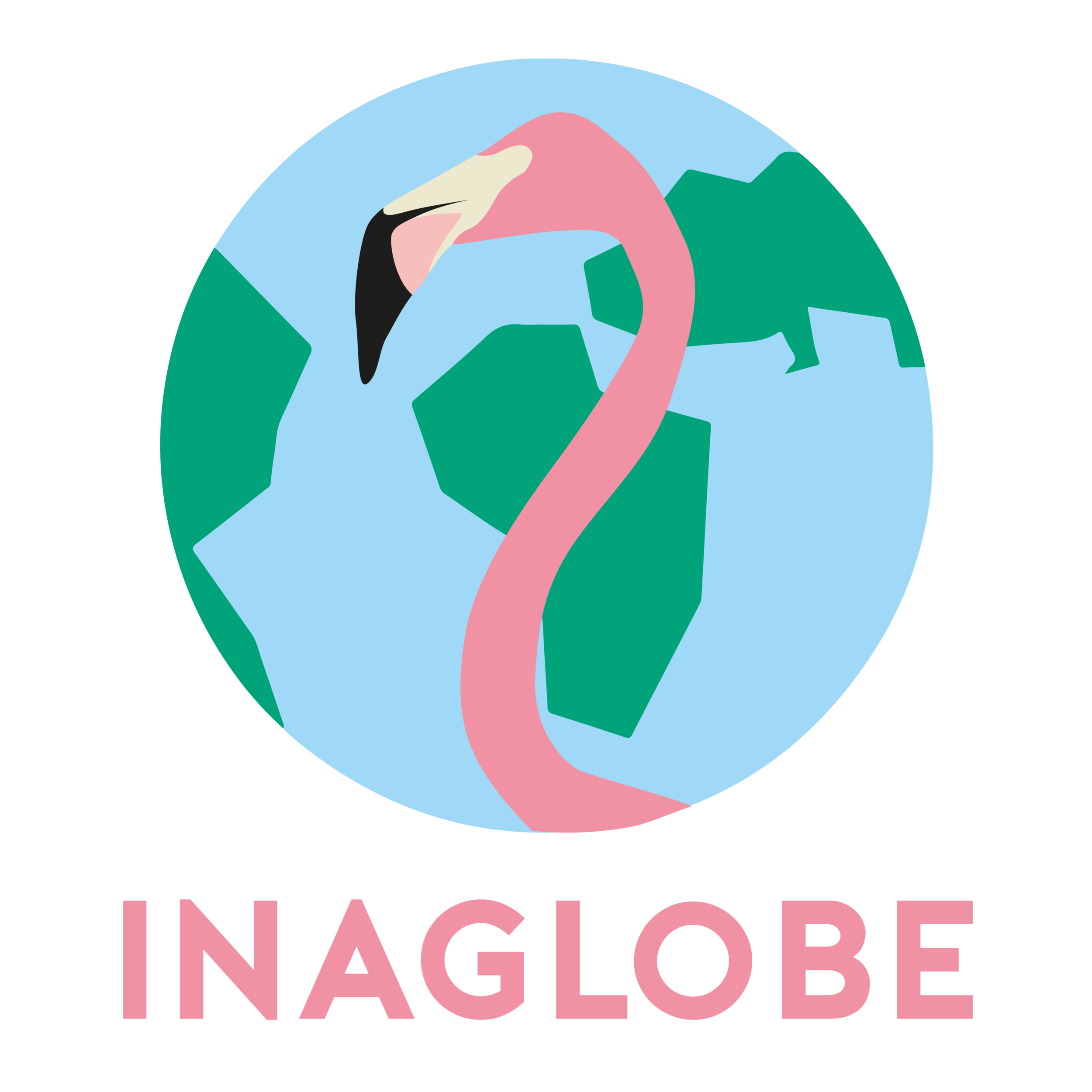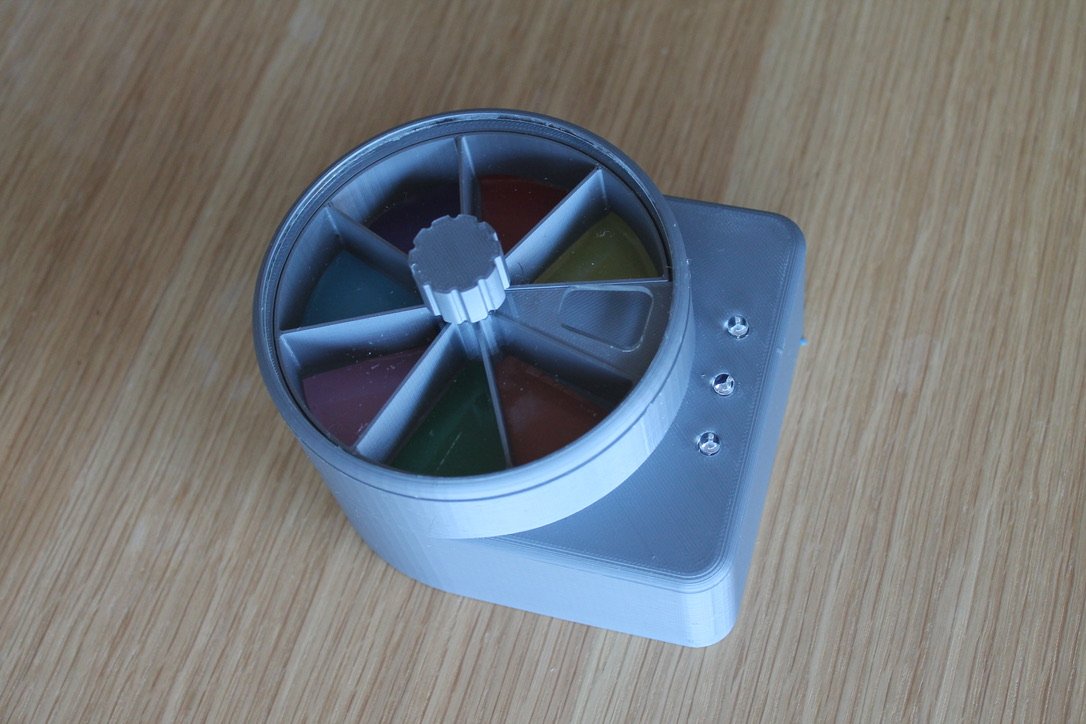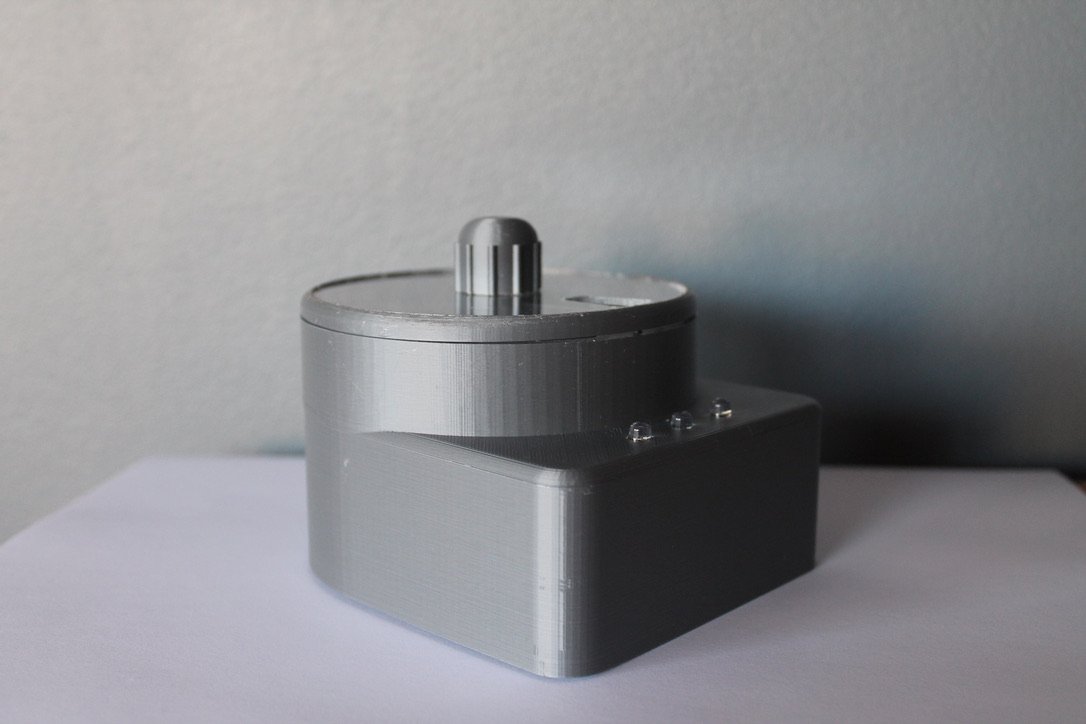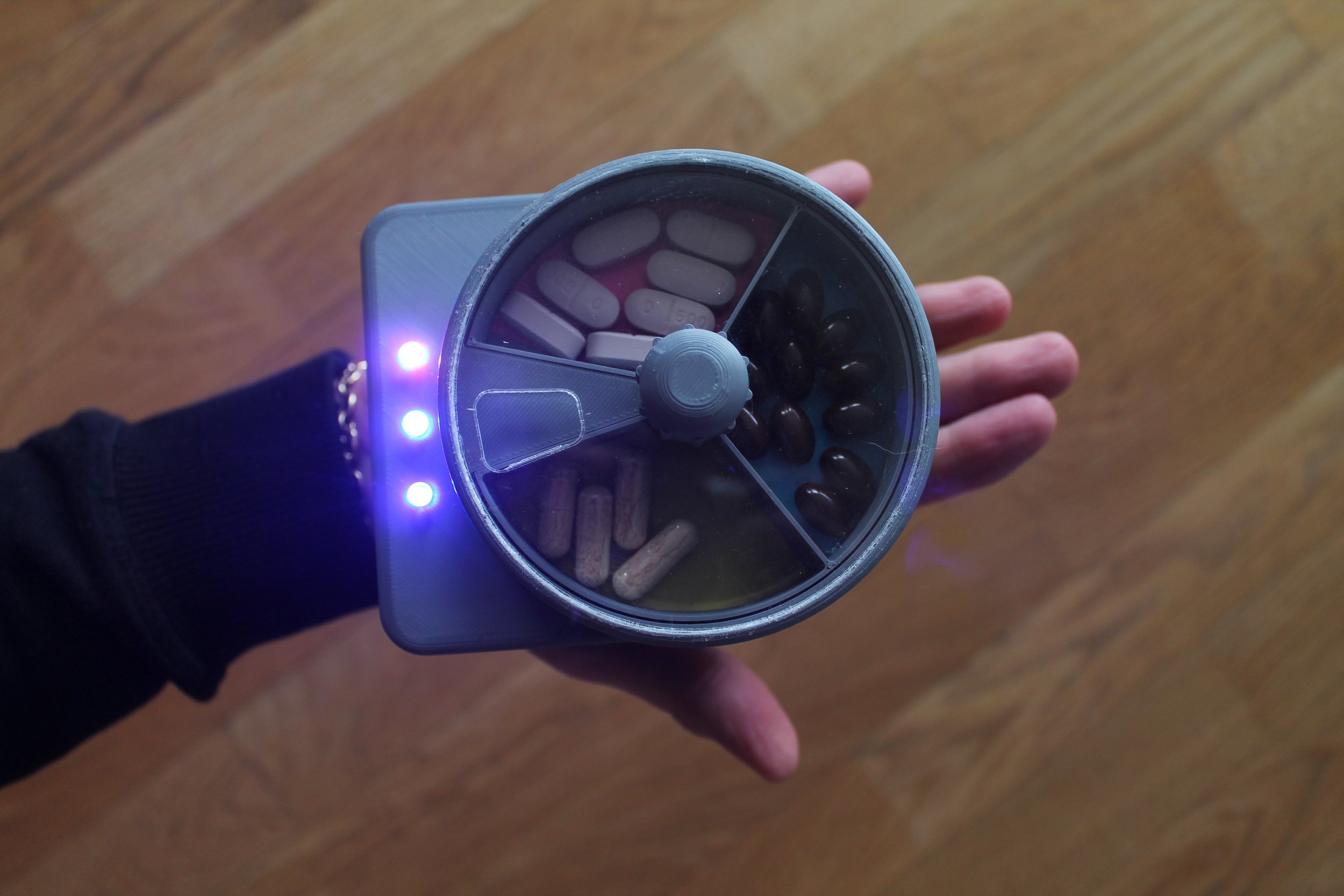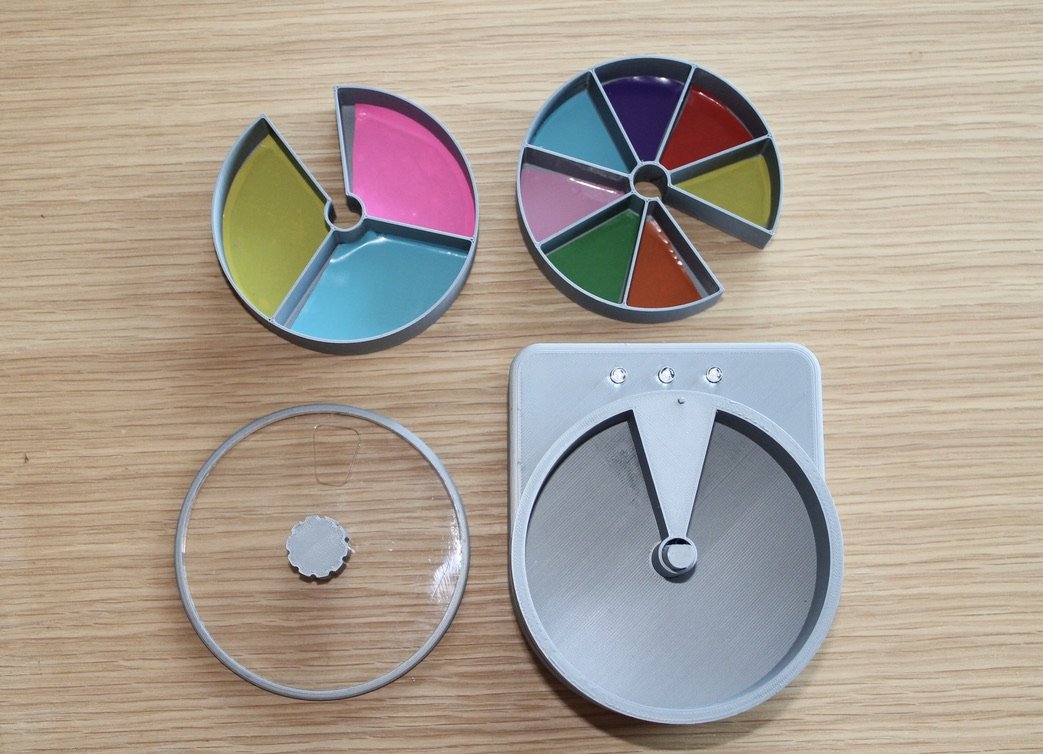phillbox: empowering group disease management
2018 – Ongoing
Disease management and adherence require low-cost, resilient systems that will allow healthcare workers to better manage medication in group settings, such as orphanages.
motivation and stakeholders behind the project
The workers and volunteers of the healthcare centre at orphanage Casa do Gaiato-Maputo dedicated large efforts to manually and physically monitoring chronic illnesses. Thus Fundação Encontro and Fundación Mozambique Sur asked inaglobe for a system that could help alleviate the effort and enable them to better understand the disease management and adherence of the children and adolescents in their care.
Casa do Gaiato is an orphanage (amongst other things) 2 hours away from Maputo. In a country where 11.5% of the population is infected with HIV/AIDS, the orphanage is not exempt from this statistic. With the few health workers and significant treatment that is retroviral drugs, children find themselves undereducated and taking a lot of time and resources from the healthcare centre at the orphanage. After much deliberating, we decided to embark on the creation of a pillbox that informs the children when they need to take a specific pill, and allows healthcare workers to understand the adherence. The goal is to support the daily organisation of pill distribution, the identification of children that are at higher risk of low adherence, and (or) actionable insights about this behaviour.
innovation cycle
The project kicked off as inaglobe’s first project, and has gone through 3 R&D cycles, at the Department of Biomedical Engineering of Imperial College, through the inclusion in curricular and summer research projects. After several ownerships and years of iterating on the design and prototype, Constance de Cler, final year student of Biomedical Engineering built a testable prototype in late 2021.
